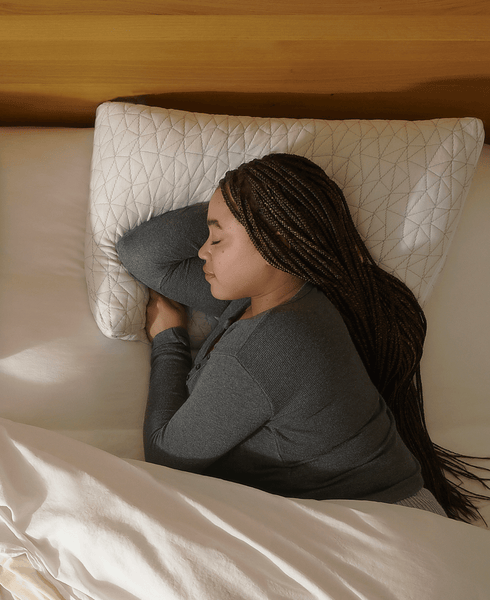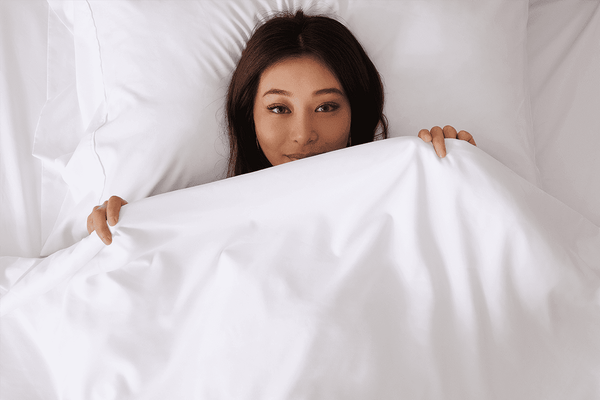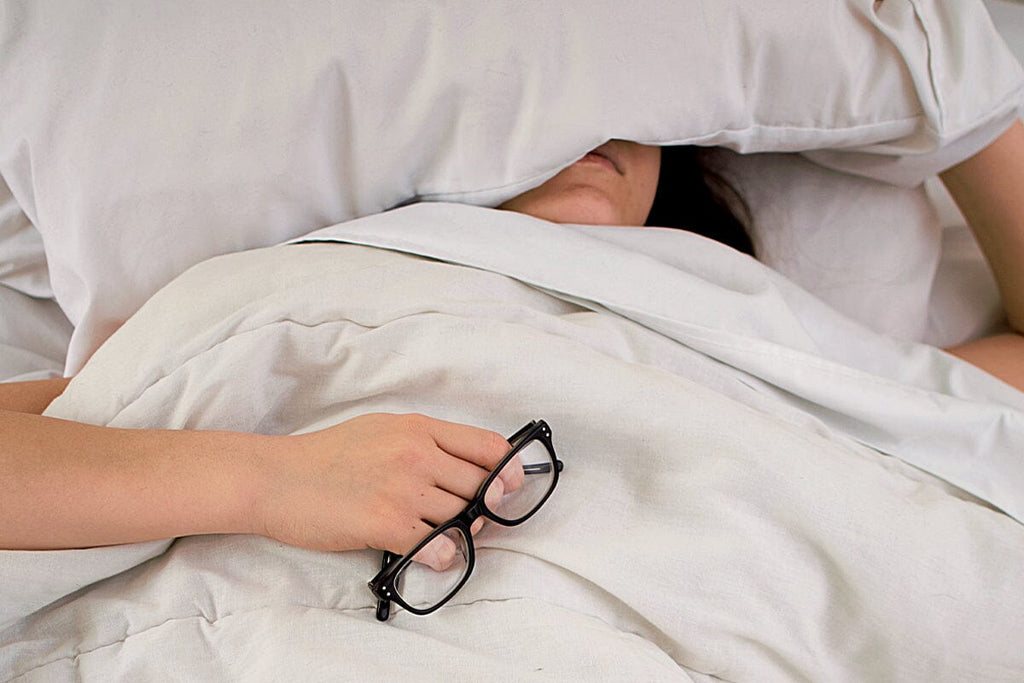Sleep Hygiene and Wellness
At the heart of a healthy lifestyle lies a fundamental element often overshadowed by diet and exercise: sleep hygiene. This aspect of our daily lives plays a pivotal role in enhancing our overall health and well-being, yet it can often be overlooked. National Sleep Foundation’s Sleep Week is upon us and it's an opportune time to reevaluate our sleep habits and recognize the profound connection between sleep and wellness. Quality sleep is not a luxury but a necessity for mental health and a fulfilling life. We want to take a closer look at sleep hygiene, shedding light on its importance for mental well-being and offering practical advice to transform your sleep patterns for the better.
What is Sleep Hygiene?
Sleep hygiene encompasses the practices and habits that are foundational to achieving restorative sleep night after night. It's about more than just the number of hours you spend asleep; it's about the quality of that sleep and how it fits into your overall lifestyle. Good sleep hygiene involves creating an environment and a routine that promotes uninterrupted, deep sleep. This means considering factors like the comfort of your bedding and pillows, the temperature of your room, and the activities you engage in before bedtime. By understanding and implementing the principles of sleep hygiene, you can set the stage for a night of rest that rejuvenates your body, refreshes your mind, and restores your spirit. It's a holistic approach that aligns your internal clock with your lifestyle, ensuring that every morning greets you with the promise of a new day filled with potential.
The Impact of Sleep on Mental Health

The relationship between sleep and mental health is complex and bidirectional. Quality sleep has the power to enhance mental resilience, improve mood regulation, and boost cognitive performance. Conversely, sleep disturbances can exacerbate symptoms of stress, anxiety, and depression. The National Sleep Foundation underscores this connection, emphasizing that:
“When we don’t get enough of the quality sleep we need for our bodies to function at its best, it can affect our mental health, too. Poor sleep can make it harder to cope with daily stress. We may be more impacted by minor negative things and less likely to notice the positive parts of our day” (NSF, 2023).
Sleep acts as a reset for the brain, allowing it to process the day's experiences, consolidate memories, and recharge for the challenges ahead. In a society where mental health issues are increasingly prevalent, recognizing the role of sleep is paramount. By prioritizing sleep hygiene, individuals can unlock a powerful tool in their mental wellness toolkit, paving the way for improved emotional stability and a more fulfilling life.
How to Improve Sleep Quality
Improving sleep quality starts with establishing a regular sleep schedule and creating a restful environment. Here are some tips to enhance your sleep hygiene:
- Stick to a Sleep Schedule: Try to go to bed and wake up at the same times every day, even on weekends. Consistency reinforces your body's sleep-wake cycle.
- Optimize Your Sleep Environment: Ensure your bedroom is cool, quiet, and dark. Invest in comfortable bedding and pillows and consider using blackout curtains or a white noise machine if needed.
- Wind Down Before Bed: Develop a relaxing pre-sleep routine. This could include reading, taking a warm bath, or practicing relaxation exercises.
- Limit Screen Time: Reduce exposure to blue light from screens at least an hour before bed to help signal to your brain that it's time to sleep.
A sleep hygiene checklist can be a useful tool to remind you of these practices and help you track which adjustments make the most significant difference for you.
Sleep Hygiene Across Different Ages
Sleep needs and challenges vary with age, making tailored sleep hygiene practices essential.
- Kids benefit from a consistent bedtime routine, reduced screen time in the evening, and a sleep-conducive environment that is cool, dark, and quiet.
- Teens face unique challenges with social media and screen time. Encouraging offline relaxation activities and setting a technology curfew can aid in better sleep.
- Adults often juggle stress and responsibilities that can impede sleep. Strategies such as mindfulness meditation, regular exercise, and avoiding caffeine late in the day can promote better sleep.
Why Practice Good Sleep Hygiene?

The benefits of practicing good sleep hygiene extend far beyond the immediate pleasure of waking up feeling rested. Consistently good sleep hygiene can transform your life, enhancing cognitive function, emotional resilience, and overall physical health. It's the foundation upon which a productive, happy life is built. With the demands of modern life constantly pulling us in different directions, establishing a sanctuary of rest becomes not just beneficial but necessary. By dedicating time and effort to your nightly routine, you're not only investing in the quality of your sleep but also in the quality of your waking life. The ripple effects of better sleep hygiene can be felt in every aspect of your day, from improved concentration and creativity to stronger immune function and better stress management. In essence, good sleep hygiene is not just about sleeping well; it's about living well.
As we reflect on the importance of sleep hygiene, it becomes clear that our night-time habits are a powerful factor in our quality of life. By embracing good sleep hygiene practices, we not only improve our sleep quality but also set the stage for a healthier, more vibrant existence. Learn more about Sleep Week and why you should prioritize your relationship with sleep to take a step toward both mental health and overall wellness. Together, let's redefine what it means to live well, starting with the foundation of all health and happiness: a good night's sleep.
Sleep and Wellness FAQs
Q: How to be well rested?
A: Being well rested involves more than just the quantity of sleep; quality is key. Follow a consistent sleep schedule, create a relaxing bedtime routine, and ensure your sleep environment is conducive to rest.
Q: How many hours of sleep does a woman need?
A: While individual needs vary, most adults, including women, need 7-9 hours of sleep per night for optimal health and function.
Q: How to fall asleep quicker?
A: To fall asleep quicker, establish a pre-sleep routine that promotes relaxation, limit exposure to blue light from screens, and make your bedroom a comfortable, inviting space dedicated to sleep.


